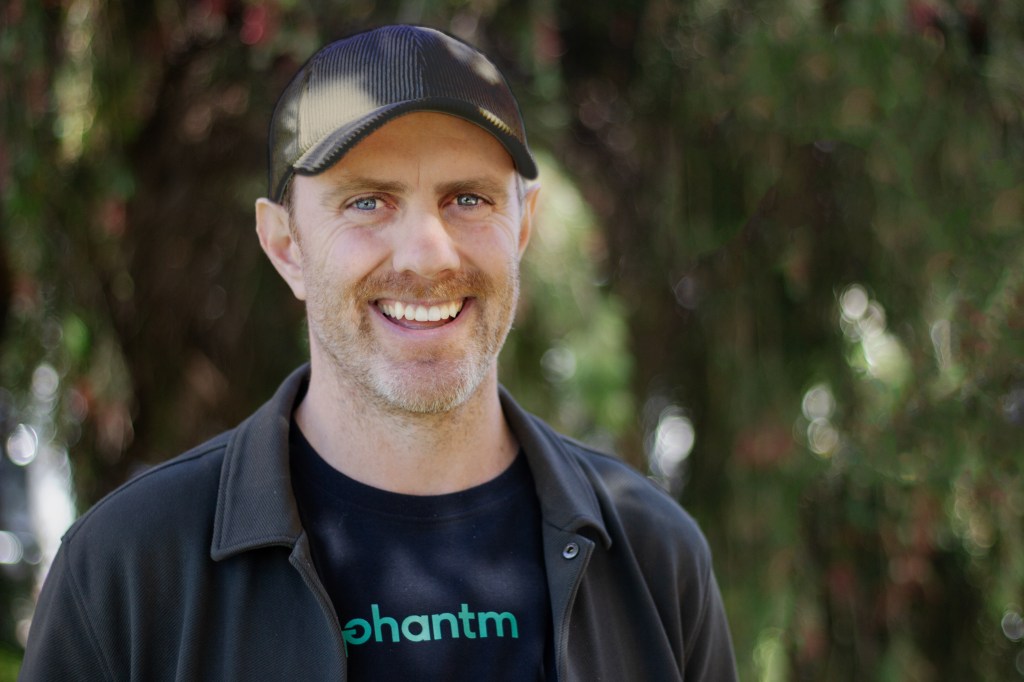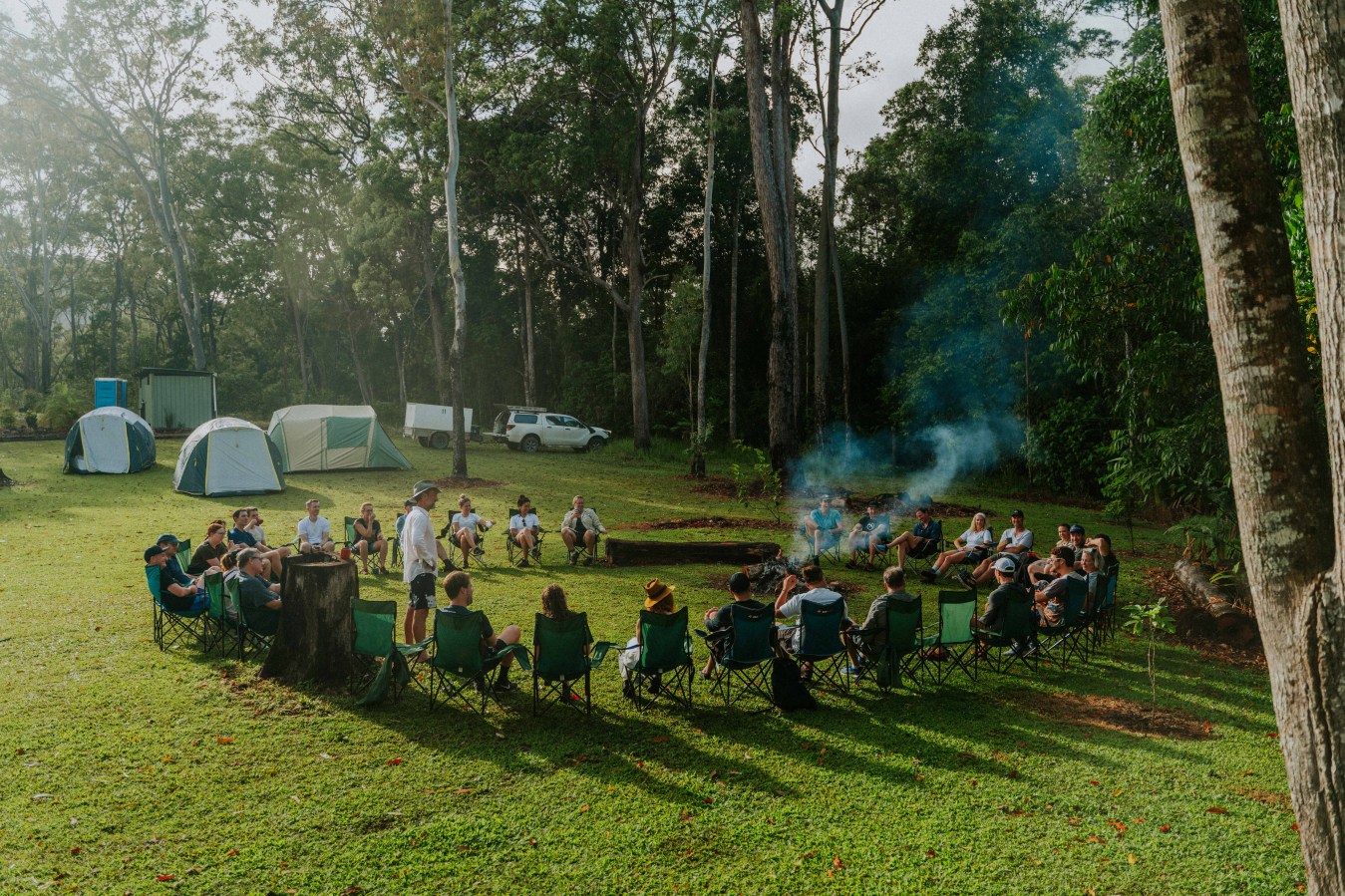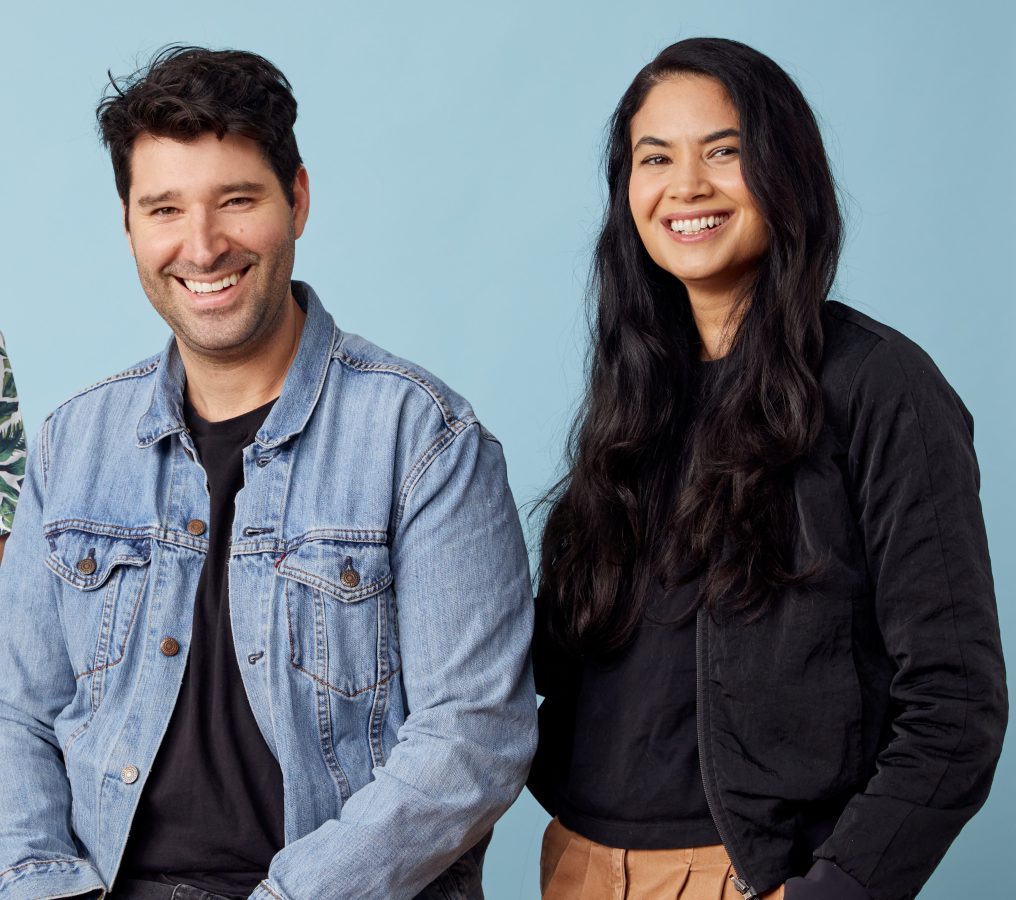Blacknova VC, Salus Ventures and CoVentures led the seed round. Phantm works with Starbucks Australia and MECCA to replace plastic with sustainable alternatives.

Only 9 per cent of plastic is recycled each year, according to the OECD. It is projected to take 36 years for that number to reach just 17%. Phantm founder Elliot Costello, wants businesses to accelerate the transition from plastic to sustainable materials, and investors have jumped on board with him.
Costello told Forbes Australia today that Phantm raised $2 million in seed funding that will be used to iterate and scale the platform that currently services MECCA, Starbucks Australia, and Norwood Industries. The company also has plans to expand into Asia, North America, and Europe.
“We are in conversations with a couple of brands that are outside Australia, in the Asian market. And we have a strategic investor that is helping to scale to international markets,” says Costello.
The Phantm platform tracks the plastic that companies produce, with a view to reducing the amount used in products and packaging. The goal is for companies to transition to renewables, using seaweed, pulp, fungi, and cellulose, instead of plastic.
Phantm is currently developing a natural coffee cup with Starbucks Australia, Costello says, and there is much more to come here and abroad.
“In five years, when people think of the transition away from petrochemical plastics, we want Phantm to be at the centre of everyone’s thoughts,” says Costello.
“That is an ambitious target — to take an Australian tech company and make sure it has got a global footprint. We get there by not only aligning ourselves with the right investors — which we’ve done in this round with Blacknova VC, Salus Ventures and CoVentures. We will be going down the tunnel of a Series A in the next 18 months, and that will really help with global expansion.”
Costello sees Australia as both a part of the problem, and the solution, to the environmental challenge that plastic creates.
“Australia is the second worst consumer of plastics in the world after Singapore,” says Costello. “That’s a significant problem. We’ve got progressive companies here that want to stand up and help reduce the problem of petrochemical plastics. We think we can have some great early wins here in Australia, and then use that experience, but also that confidence, to go into international markets.”
This is not the first socially oriented company the entrepreneur has launched. Costello exited YGAP in 2018 after 10 years at the helm of the non-profit that supports early-stage social impact ventures around the world.
He says there are parallels between YGAP and his newest venture.
“Building and running a non-profit that supported entrepreneurs in some of the world’s poorest communities, I learned that the humanitarian industry is interlinked with environmental,” says Costello. “That connection between humanitarian justice and environmental justice is clear.”
Look back on the week that was with hand-picked articles from Australia and around the world. Sign up to the Forbes Australia newsletter here or become a member here.


